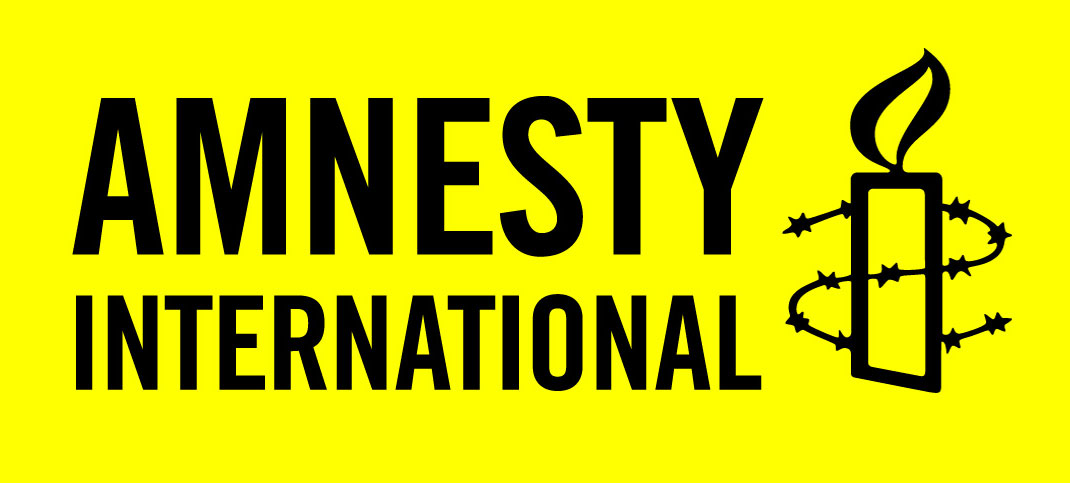- Details
- East Africa
- 716
All 24 individuals are relatives of Socialist Party without Borders (PSF) president Yaya Dillo Djerou and were detained after the military assault on PSF’s N’Djamena headquarters
The Chadian authorities must immediately release 10 relatives of killed opposition leader Yaya Dillo Djerou who are still detained in Koro Toro maximum security prison, despite their acquittal in July of charges following an attack by security forces on the headquarters of Djerou’s political party in February, Amnesty International said today.
The organization also called for authorities to reveal the charges that led to the conviction of 14 other people in the same case, for their appeals to be processed in line with Chad’s national and international human rights obligations, and for them to be transferred in N’Djamena detention facilities according to national law.
All 24 individuals are relatives of Socialist Party without Borders (PSF) president Yaya Dillo Djerou and were detained after the military assault on PSF’s N’Djamena headquarters on 27 February 2024, in which Djerou was killed. They remain detained in inhuman or degrading conditions in Koro Toro, 600 km from the capital, as documented by Amnesty International. Among them are three minors aged 16 to 18, and several people affected by chronic diseases. They have had no contact with their family nor access to legal counsel until the first hearing of the case.
“To keep 10 people locked up in Koro Toro prison, despite their acquittal, is a clear case of arbitrary detention, and a violation of national and international human rights law.
This is part of a consistent pattern of repression against opposition supporters in Chad, in the continuity of the events of October 2022 when dozens of demonstrators were killed and hundreds of others arrested and detained in Koro Toro in violation of their human rights,” said Samira Daoud, Amnesty International’s Regional Director for West and Central Africa. “The Chadian authorities must end the crackdown on human rights and ensure respect for the human rights of everyone in the country.”
A relative of one of the 14 people convicted told Amnesty International: “The people who were sentenced are pupils, students, and sympathizers of the party without any operational role. They have appealed the decision, but no date has been fixed for the hearing of the appeal.”
Amnesty International is calling for the Chadian authorities to ensure the rights of the defendants are respected.
“The authorities must guarantee the right to a fair trial and the rights of defence to those who have appealed their convictions and sentences. They must also be transferred to N’Djamena detention facilities, according to national law,” said Samira Daoud.
Another PSF leader also held incommunicado in N’Djamena
Other PSF members have also been targeted by the Chadian authorities. The Secretary-General of the PSF, Robert Gam, was arrested in September 2024, and has since been held incommunicado. A human rights defender told Amnesty International at the time of Robert Gam’s arrest: “We fear for his life. We are going back to methods we thought were outdated.”
Another PSF executive, Abakar Torabi, Deputy National Secretary for Finance, was released without any known charges against him on 20 November after nine months in secret detention in N’Djamena.
“The authorities should release Robert Gam unless he is promptly charged with an internationally recognizable offence and his rights to defence are guaranteed. The authorities must also put an end to the practice of incommunicado detention, as required by their national and international legal obligations,” said Samira Daoud.
Background
On 29 February 2024, the Public Prosecutor announced the death of PSF President Yaya Dillo Djerou during a large-scale military assault on the PSF headquarters on 27 February 2024, which was described by the authorities as a shoot-out and by Yaya Dillo Djerou’s supporters as an assassination.
The authorities had accused supporters of Yaya Dillo Djerou of having carried out an attack on the headquarters of the National Security Agency on 27 February, in a bid to secure the release of the PSF’s National Finance Secretary, Abakar Torabi. He had been arrested on suspicion of being involved in an attack against the headquarters of the Supreme Court on 19 February 2024. These accusations are rejected by Yaya Dillo Djerou’s supporters.
On 5 March, the then Prime Minister Succes Marsa stated that an “international” investigation would be carried out into the assault on the PSF headquarters. However, there is no public information on the details and status of any such investigation. In the meantime, the party’s headquarters was razed.
Distributed by APO Group on behalf of Amnesty International.






